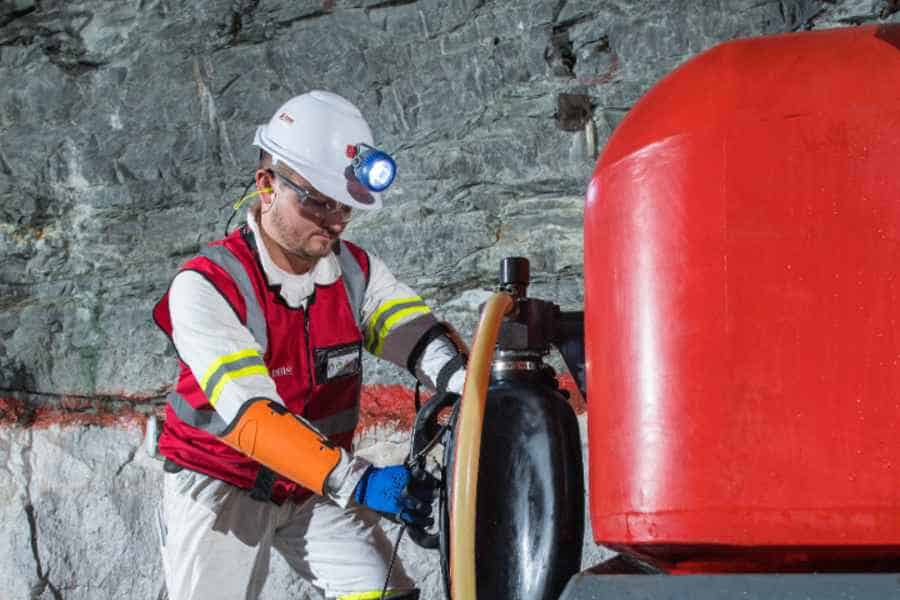Only 13% to 15% of Africa’s trade is within the continent – compared to 63% in Europe and 40% in North America – leaving huge scope for better economic integration between African countries, according to futures strategist Guy Lundy.
Speaking at the 22nd BME Annual Drilling and Blasting Conference in Pretoria earlier this month, Lundy said: “We have a lot of work to do in integrating our regional economies, although borders are starting to become more efficient.”
Leading explosives supplier BME, active in Africa for 30 years, holds the conference annually for blasting practitioners, as part of its commitment to developing skills and technology. As keynote speaker, Lundy reminded delegates that South Africa had been playing an important role in inter-Africa investment and trade.
“We are seeing very strong investment taking place out of South Africa into the rest of Africa,” he said. ”In 2012, SA was the single largest investor in foreign direct investment projects in the rest of Africa – which is definitely a step in the direction of regional integration.”
A vital factor fuelling recent progress has been the spread of democracy, said Lundy.
“Across Africa, the belief in democracy is undoubtedly on the rise, encouraged by better flows of information which is supported by mobile communications and internet access,” he said. “Between 1960 and 1989, only five African counties held elections on a regular basis; since 1990, however, there have been over 30 changes of government through democratic processes.”
As democracy increasingly took root around the continent, he said, better macro-economic policies were being put into place, and this would lead to higher growth of gross domestic product in many African countries. Growth rates of over 6% in the next three years were expected in Angola, the Democratic Republic of Congo, Ethiopia, Malawi, Mozambique, Rwanda, Tanzania and Zambia.
“There is an issue with public sector corruption in Africa, but we do tend to blow this out of proportion in terms of their impact on attracting investment,” he said, citing Transparency International’s Corruption Perception Index, which showed that most African countries were generally at similar levels as Brazil, China, India and Vietnam.
“So it is not a total disaster; the reality is that Africa is starting to move more and more in the right direction,” said Lundy. “If you look at Rwanda, for example, it is now considered the 13th least corrupt country in the world. It is the least corrupt country in Africa, and is using this very specifically to attract more business.”
There was also a positive change in the nature of economic growth, as African economies diversified to include more manufacturing and services sectors, he said.
Looking ahead to 2050, he said Africa would have the largest number of working-age people of all the continents’ populations, making it a huge consumer market attracting the attention of the world’s factories.
BME is one of the many companies contributing to intra-African trade, having grown rapidly across the continent to secure a presence in 17 African countries. It is also making positive impacts on the growth of manufacturing and services sectors, and promoting skill levels by prioritising the employment of local expertise.
A member of the Johannesburg Securities Exchange-listed Omnia Group, BME has invested heavily in its manufacturing base, which includes two nitric acid plants, two ammonium nitrate facilities, a Porous Granular Ammonium Nitrate (PGAN) plant, a cartridge explosive facility, a detonator plant, and over a dozen emulsion plants throughout Africa.
Its growing footprint is supported by the in-house manufacture of mobile mining units and a well-developed supply network.




